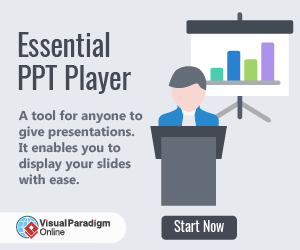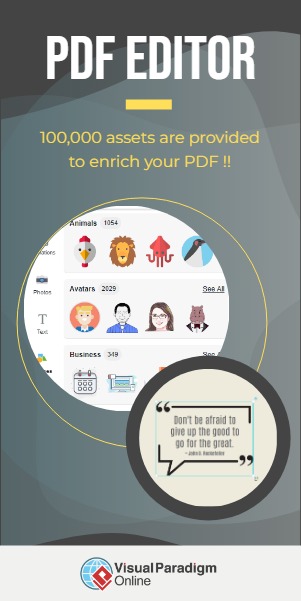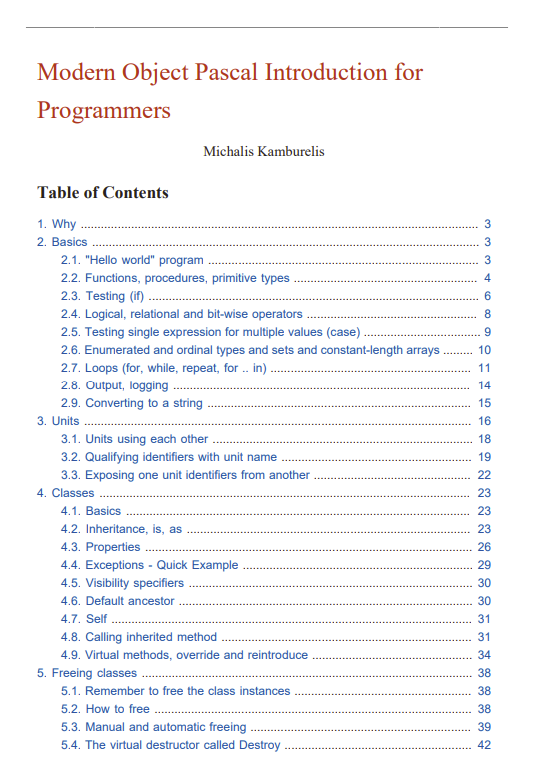Delphi was released in 1995 by Borland, the software company behind the well-known Turbo Pascal compilers.
The idea of Borland was to create an environment for rapid application development (RAD) based on components use, or better re-use, taking the well-known Turbo Pascal compiler a step forward.
At that time, Delphi was a direct competitor of Microsoft Visual Basic—at one point someone called it “VB-Killer.” Thanks to the full support for object-oriented programming (OOP), multithreading and COM (Component Object Model) support, and many other exclusive features, Delphi could achieve more complex and well-structured projects than Visual Basic 6. VB developers had to await the advent of the .NET Framework technology in order to have a comparable tool with a high-level language and modern enterprise-class business qualities.
Today, Delphi is owned and maintained by Embarcadero Technologies, a company focused on high-class enterprise data management and development tools. Delphi is sold as a standalone product or inside RAD Studio, a broader suite where Delphi is bundled with C++Builder (a different flavor of the same technologies and libraries available for Delphi but based on C++ language and compilers).
In this book we will refer to Delphi 10 Seattle, which is the latest available version at the time of writing, but everything we’ll see should be fine for any older or newer versions.
The purpose of this book is to provide an overview of what you can do with Delphi and how, facing the working principles of its environment and the high potential of Object Pascal language to build native solutions for a wide number of heterogeneous devices and platforms.
A Look Inside the Box
Delphi is available either as a separate product or as part of RAD Studio, a more complete developer suite that includes a C++ language environment sharing the same libraries of Delphi.
Delphi includes:
- An Integrated Development Environment (IDE).
- A set of compilers for different target platforms.
- Core runtime and design-time libraries (RTL, VCL, FMX).
- Several third-party components and packages.
- Offline product documentation and API references.
- A lot of examples and demos with source code.
In the following chapters, we will be examining each of these parts in detail to see how you can build any kind of application with them.




